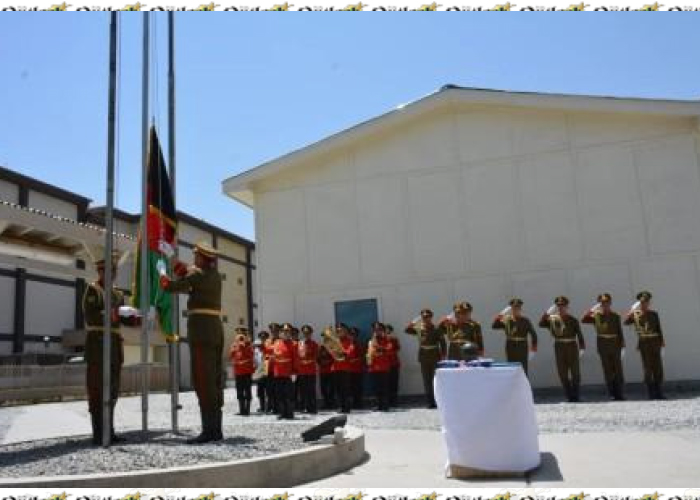Media can play a vital role in Peace Building in Afghanistan. One of the key issues to be interrogated by media researchers in relation to conflicted societies is the extent to which the media serve to escalate or reduce the overall conflict situation. The argument goes that the media either escalate the conflict by accentuating disagreements, foregrounding confrontations, and lending air time to forceful voices, or, conversely, reduce the conflict by shunning extremism, giving room for alternative voices and visualizing peaceful solutions. For several reasons, the media situation in and around Afghanistan provides an interesting ground for discussing these issues. For one, the long-lasting Afghan conflict has been a recurrent issue for both the local and the international media. In addition, the extraordinary situation of the growing Afghan diaspora has provoked a media engagement that in a special way treats issues of conflict through civic-driven, transnational media channels. Within this backdrop, it is the aim of the current article to discuss the role of the extended Afghan media in relation to the local conflict situation.
Within media and conflict research, a particular movement, namely “peace journalism,” has received increased attention over the last few years. In short, peace journalism seeks to challenge conventional journalism by working actively for peace through the media. The movement has gained momentum as a result of criticism raised against conventional media operations in the coverage of the so-called global war on terror, a critique that echoes several decades of disappointment with the global media and their coverage of national and international conflicts. Against this backdrop, peace journalism claims to be an alternative to the traditionally conflict-oriented news paradigm.
Peace researchers generally see a great potential for improvement in the area of mass media as an instrument for change and reconciliation. Media analysts are often more skeptical. It is difficult to decide what role the Afghan media actually play in the process of conflict resolution. In practice, when the peace journalism philosophy is transferred to actual media work, small media and active audience formats are deemed most useful. When traditional news media channels are requested to engage in peace journalism, the recommendations tend to reinforce traditional journalistic standards: independence, objectivity, fairness, and the importance of fact checking. These standards correspond entirely with the values called for by journalist organizations in Afghanistan. In this area, the contribution of peace journalism does not stand out as something new. When it comes to the need for explaining the complexity of the Afghan conflict and creating understanding between the various parties, there is undoubtedly room for improvement both in the Afghan and international media.
A bulletin style news language would not suffice. One needs wider program formats and participation from diverse interests, including average citizens.
The language of the media must also be the subject of persistent critical analysis. Some of the important issues are how reporters frame a conflict and who they include and exclude in the presentation. To scrutinize the media processes, one could very well be inspired by Johan Galtung and other peace researchers who are critical of the logics of the mainstream media.
However, traditional journalism actually does not appear to be hostile to improvements in these areas.
To the contrary, it is part and parcel of the journalistic craft to be cognizant of the effects of word choice and media framing. To journalists covering Afghan issues, however, the appropriate approach appears to be the exercise of professional journalism rather than entering a peace mediation role.
Home » Opinion » The Afghan Media and Their Peace-Building Potential
The Afghan Media and Their Peace-Building Potential
| Mohd. Sakhi Rezaie

